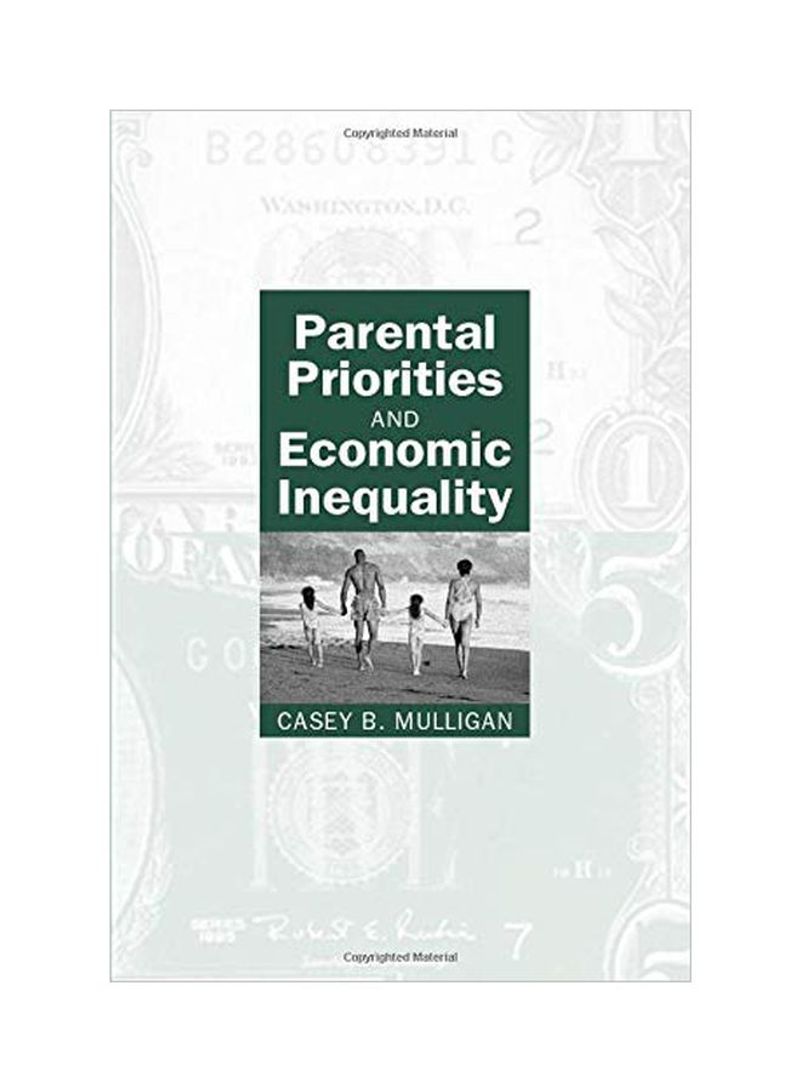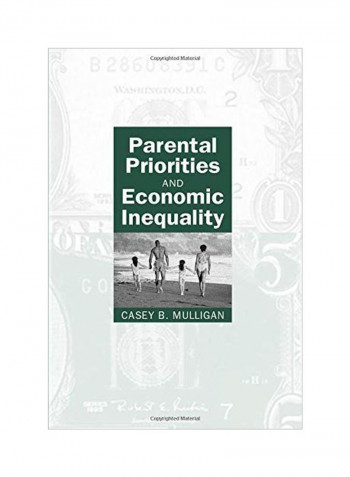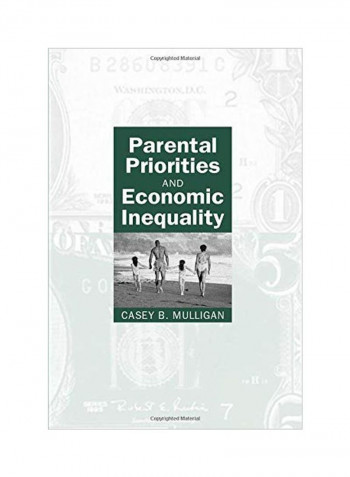Parental Priorities And Economic Inequality Paperback
Recommend
Sort by
Rating
Date
Specifications
Author 1
Casey B. Mulligan
Book Description
Arguing that parental actions are important sources of wealth inequality, this book investigates the transmission of economic status from one generation to the next by constructing a model of parental preferences. It offers evidence on the intergenerational transmission of consumption, earnings and wealth. In the model, parents determine the degree of their altruistic concern for their children and spend time and resources on them accordingly, just as they might make choices about how they spend money. Mulligan tests his model against both old and new evidence, including models which emphasize "financial constraints". One major prediction of Mulligan's model confirmed by the evidence is that children of wealthy parents typically spend more than they earn. Other important behaviour can also be explained using this approach, such as charitable giving and "corporate loyalty". The study should appeal to a wide range of quantitatively-oriented social scientists and sociobiologists.
ISBN-13
9780226548401
Language
English
Publisher
The University of Chicago Press
Publication Date
17-Feb-98
Number of Pages
390
About the Author
Casey B. Mulligan is professor of economics at the University of Chicago. He is the author of The Redistribution Recession: How Labor Market Distortions Contracted the Economy and Parental Priorities and Economic Inequality.



